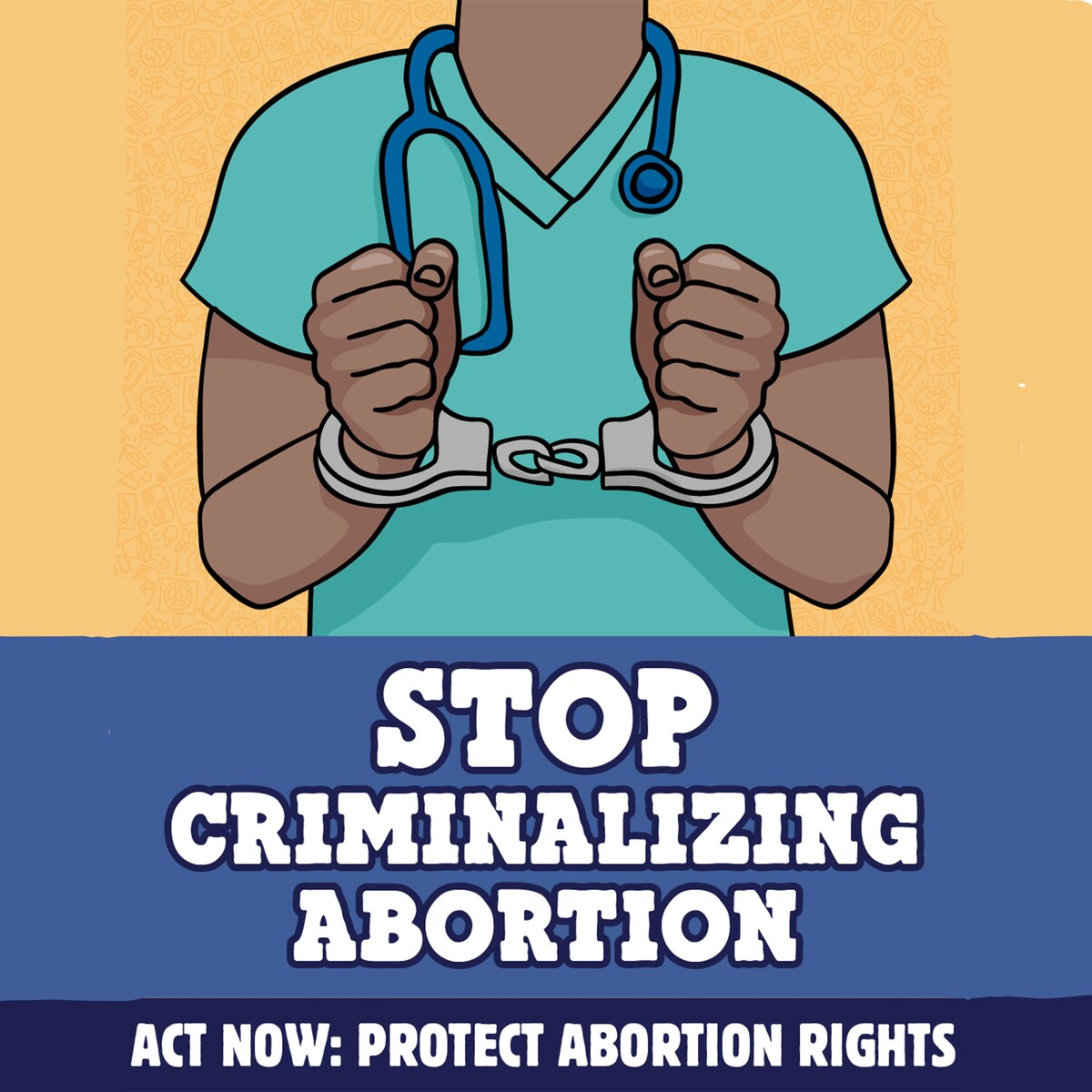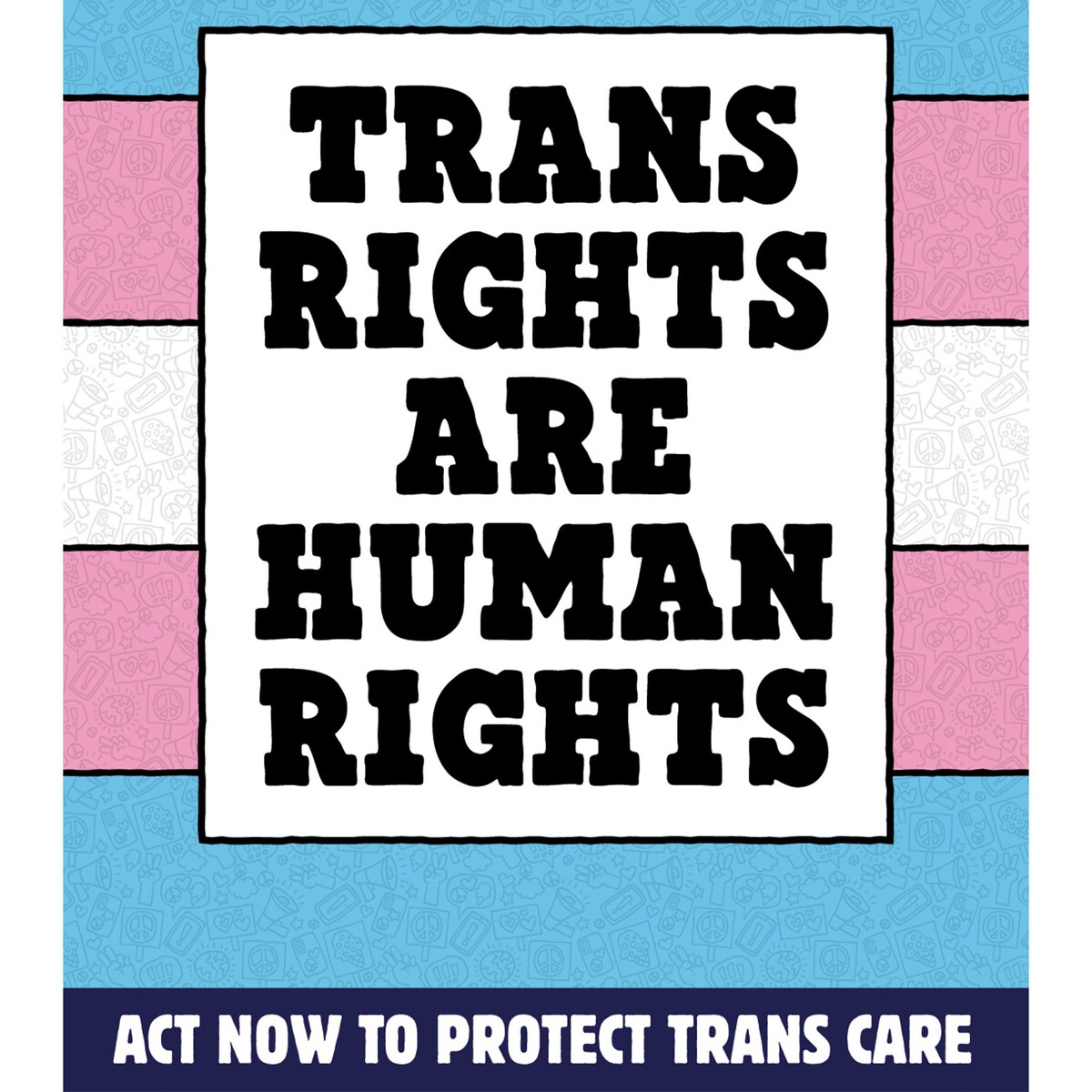The Big Problem With
November 11, 2015

When you’re a kid, you don’t have to think farther ahead than the next math quiz or slumber party with your besties. But as we grow up, planning for the future becomes a bigger and bigger priority. And by the time we’re adults, life takes some serious forethought— whether it’s buying your first car, putting the kids through college or planning for retirement.
So why is it that world leaders are acting like teenagers when it comes to solving climate change?
What They Got Right This Time
We’re headed into the most-hyped climate summit ever, and all UN countries have been asked to submit Intended Nationally Determined Contributions (INDCs), aka how much they will reduce their carbon emissions, and when. Even heavy-hitters such as the US and China have publicly committed to reducing emissions, with the goal of preventing our world from warming up another 2 degrees Celsius— the threshold for avoiding the worst impacts of climate change.
10 Years of Commitments When We Need 85
Most experts agree the changes needed to stay below 2 degree Celsius will likely take all century— but the current INDCs end in 2025 or 2030. According to a new report from Climate Interactive and the MIT Sloan School of Business, without future agreements that progressively decrease emissions, we will bust right past 2 degrees and end up at 3.6 degrees of warming by 2100.
What we will get out of the current INDCs is another 5 to 10 years of staying on track to the 2-degree goal. That’s another 5 to 10 years to either get another global agreement together, or commit to longer-term reductions.
When the Future is at Stake, it’s Time to Plan Like an Adult
That’s not say there’s been no headway. Even though getting an international consensus on how to curb climate change is probably one of the most complicated and conflicting tasks you could ever have, we’ve seen a lot of good things come out of the push toward Paris. The (far from complete) list includes a UN-supported forest protection plan, climate dialogues between countries, the voice of territories and regions being amplified, and international development being considered as the frontline of combating climate change.
But when it comes to stepping up and making sure our future isn’t dependent on more negotiations and summits, we’re missing the longer view. The good news is we have a solution right now, and people around the world are advocating for it— going 100% renewable by 2050 is possible, and now we know it’s affordable, too. So if you’re tired of world leaders not exactly acting like adults, sign the Avaaz petition, and keep the pressure on for 100% renewable by 2050.
Recent Articles
Join The Climate Movement
-
With a landmark climate action agreement in place including commitments from 196 countries to fight climate change, now is the time to keep the pressure on and ensure swift action. This climate agreement wouldn’t have happened without millions of people around the world taking action. And we won’t be able to meet the ambitious goals of the Paris Agreement without millions and millions more people taking action in support of a rapid transition to clean energy. Paris was just the beginning, not the end. Let’s get to work towards a greener, cleaner future. Add your voice to the millions demanding action and sign the petition today!


